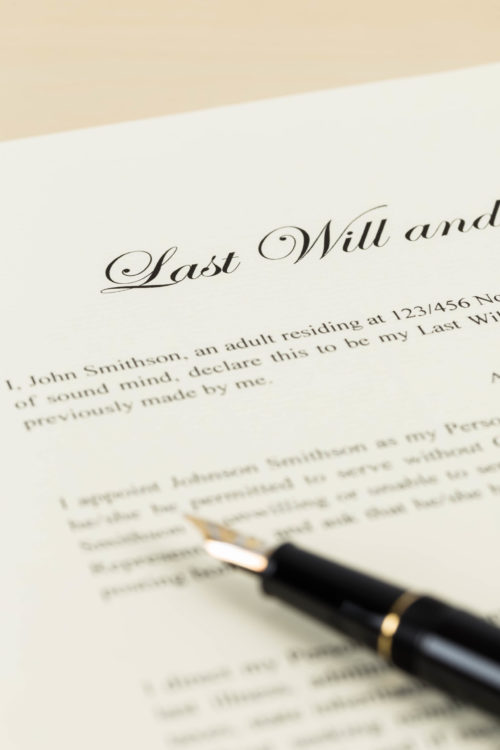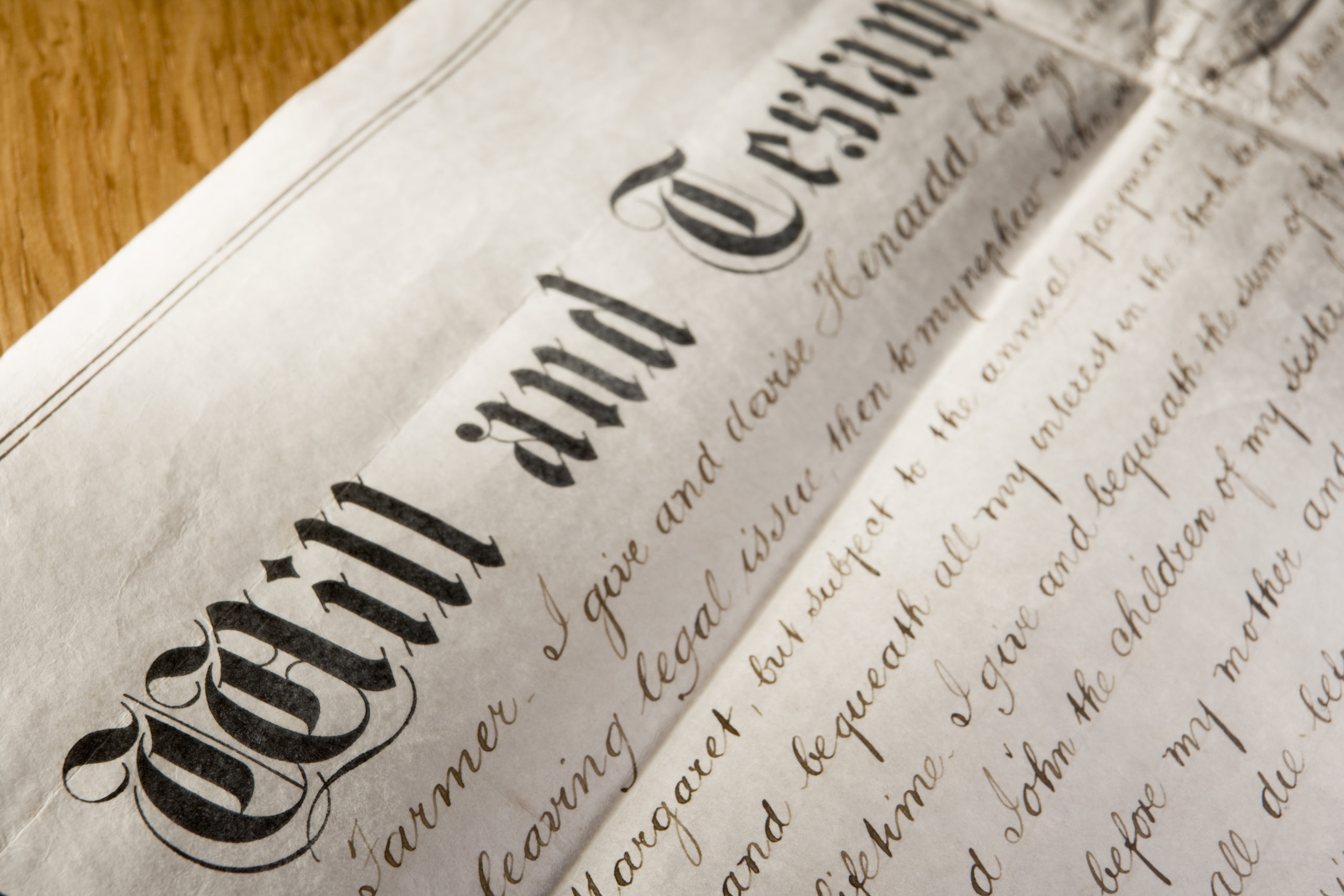In “How to Settle an Estate (part 1), we took a closer look at six of the necessary steps in the process of settling an estate. If you’d like to check it out again, or in case you missed it the first time, you can find part 1 (here). When you’re ready, come back here and check out part 2 below, where we’ll cover the last six steps in the process.
If you’re ready, let’s continue!
Communicate With Beneficiaries
If the estate goes through probate, you’re going to have to send some very specific notices to some very specific people—beneficiaries. The court, or your lawyer, can help you in this regard. And regardless of whether or not any court proceedings take place, it’s not a bad idea to be in consistent communication with any and all beneficiaries.
It’s important that they be kept apprised of goings-on, as they can tend to grow suspicious and unhappy if they don’t hear anything for long periods of time. Even if nothing is really happening, let them know that you’re still working, things are still moving forward, and they’re still going to get their inheritance. If you aren’t open or honest with them, they can go to court and try to have you kicked out!
Take Care of Any Assets
This is one of the most important jobs of the executor. You want to make sure that the estate is well-maintained, small valuables are looked after and secure, and bigger items remain insured. Remember that your only goal here is to not lose money; it isn’t to reap any huge benefits.
Collect any Money Owed to The Estate
This step will probably take a lot of time and a lot of paperwork, but it’s generally pretty easy. You can also place any money you collect into the estate’s bank account.
Pay Any Bills Owed
As long as there’s money in the estate to pay them, it’s your responsibility to make sure that any and all legitimate bills get paid on time. Rest assured that you don’t have to pay anything out of your own money. If you don’t think there’s going to be enough, get some help from the court or an attorney on what should take priority!
Deal With any Taxes
If the person who has died has a tax preparer, they can be a tremendous asset here, as you’ll need to file taxes not only for the deceased but also possibly the estate as well (but only if the estate was over $5 million). Smaller estates may owe a separate tax, but that all depends on where the person lived or owned property.
Distribute Assets
When all debts and taxes are paid and probate is finally closed, your final job is to distribute the assets among beneficiaries. Then you can breathe a sigh of relief because your job is finally done!
So ends our closer look at how to settle an estate! Should you need any assistance, contact Scott Counsel today and speak with our Estate Planning Attorneys.


